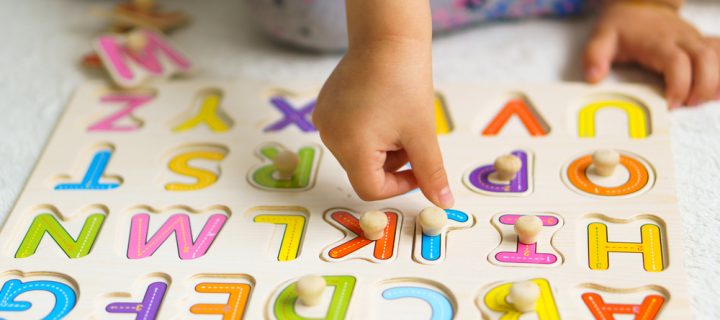The youngest are more likely to face substance abuse and depression later in life.
The school year is here. In some places, it’s already in full swing. Students are getting into the thick of it with projects, quizzes, tests, and activities. How well will your child do this year? The answer to this really depends on multiple factors.
Putting aside the difficulties of schooling during the pandemic, research shows all sorts of elements work together for academic success. Having access to a lot of free play time matters in building children’s executive function. The more unscheduled, unsupervised playtime, the better, some say. Parental engagement in a child’s education also goes a long way, as does valuing goals over grades.
But there’s one thing you really can’t control that researchers are now saying also comes into play. This is what time in the year your child was born. How does birth order play out? Take a look.
Substance abuse and depression
According to a study done at King’s College London, somewhat unsurprisingly, the youngest children in the class have the hardest time when it comes to academic achievement. This group is more likely to have low educational achievement, and to also have other problems later in life. These include substance abuse and suffering from depression.
The study looked at data gathered from 300,000 individuals who were part of the Swedish National Registers. As the study’s senior author, professor Jonna Kuntsi, commented,
“The difference between the youngest and oldest member of a class can be up to 11 months. In the early stages of childhood, this is a significant difference in terms of maturity, behaviour and cognitive abilities.”
Kuntsi expressed she believes children of different ages shouldn’t be compared with one another as there are real, long-term consequences to doing so. She believes there needs to be greater understanding of the issue of being one of the youngest in a group. This needs to come from teachers, clinicians, and other decision makers. Having this could better give all children an equal opportunity at succeeding in life.
ADHD lessening depression
How does something like ADHD play at school? Interestingly, the study found if the younger students in the class were diagnosed as having ADHD, (attention deficit hyperactivity disorder), their chances of developing depression later on were lower. Why this was the case wasn’t explained.
This is in contrast with the fact that, typically, research tends to point out the opposite. People diagnosed with ADHD often have greater rates of depression. This has been attributed to a diagnosis leading to lower self esteem and a poor self-image. It doesn’t help that individuals with ADHD can feel constantly overwhelmed by life, as well. It’s a hard road.
What are some simple steps you can take to help your child succeed? Johns Hopkins has 10 easy tips for parents and caregivers to follow. The list includes ideas like providing your child with a healthy breakfast each day and getting enough sleep. It’s also important to check for, and complete, homework. Those simple things can go a long way.
Good luck this year!
photo credits: Ivanna Lukiian/Shutterstock.com












